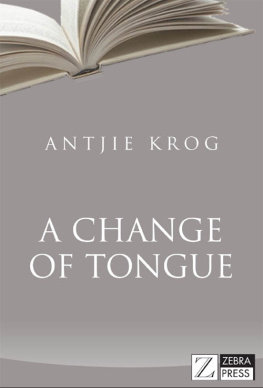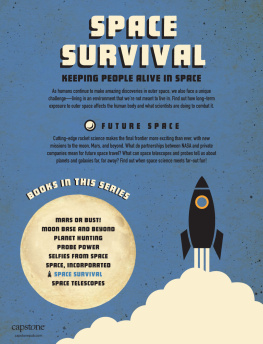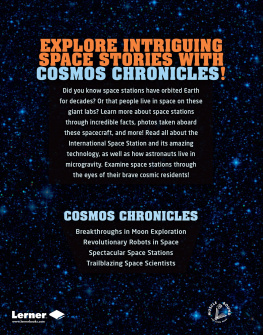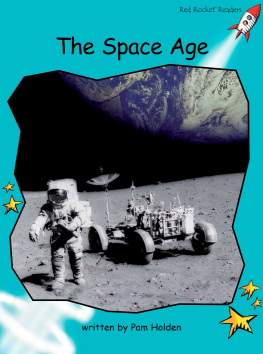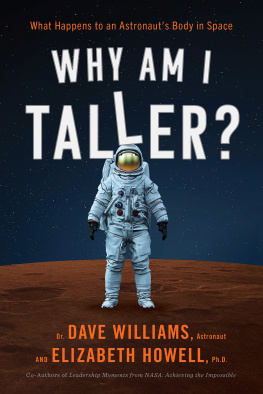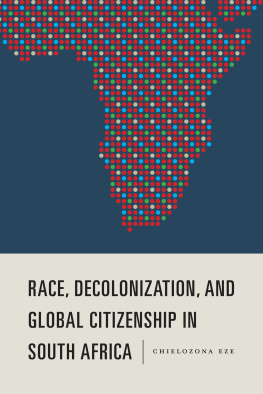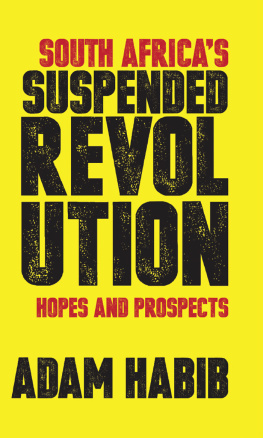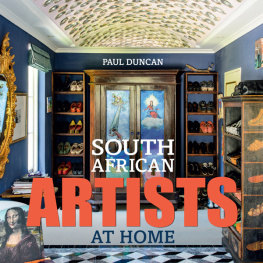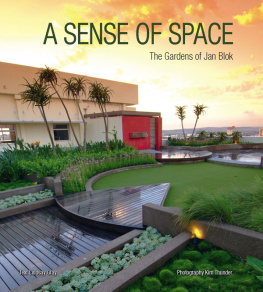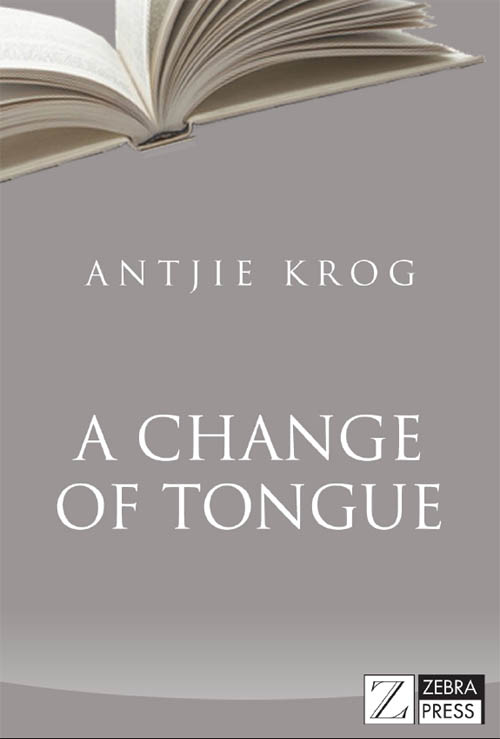A Change of Tongue
A Change of Tongue
ANTJIE KROG

Published by Random House Struik (Pty) Ltd
Reg. No. 1966/003153/07
Wembley Square, First Floor, Solan Road, Gardens, Cape Town, 8001
PO Box 1144, Cape Town, 8000, South Africa
www.randomstruik.co.za
First published by Random House South Africa 2003
This edition published by Random House Struik 2009
Publication Random House Struik 2003
Text Antjie Samuel 2003
Edited by Ivan Vladislavi
Design and layout by Abdul Amien
Proofreading by Tessa Kennedy
Originally produced for Random House by Rosebank Publishing Services cc
Project Manager: Douglas van der Horst
All rights reserved. No part of this publication may be reproduced, stored in a retrieval system or transmitted, in any form or by any means, electronic, mechanical, photocopying, recording or otherwise, without the prior written permission of the copyright owners.
ISBN 978 1 77022 075 1 (print)
ISBN 978 1 77022 288 5 (ePub)
ISBN 978 1 77022 289 2 (PDF)
SOME RULES, according to Noam Chomsky, are transformational: that is, they change one structure into another according to such prescribed conventions as moving, inserting, deleting, and replacing items. Transformational Grammar has stipulated two levels of syntactic structure: deep structure (an abstract underlying structure that incorporates all the syntactic information required for the interpretation of a given sentence) and surface structure (a structure that incorporates all the syntactic features of a sentence required to convert the sentence into a spoken or written version). Transformation links deep structure with surface structure.
CONTENTS
I t is as if the rain picks you up carefully. As if the rain has got your scent. As if youre holding on to fleeces of mist, as if the rain clears your throat and lightly rumbles down your thighs. The rain drapes you out on the front of its bulk. It encompasses everything. You see nothing except brightening sweeps of mist. Somewhere light sifts through. Your eyelashes drenched. The rain sinks forward, tilts. Your nose scatters a drop or two. Amongst rags of spray you make out no fixed shape. Things of vapour and deluge drift and shift across one another.
Then lightning. And stone reefs strain against each other primordially in the mist. Something creaks, then bursts, flashes away with flocks of fire and then sinks back sodden black into the foaming whirl of water. Something tears. You grip the strong forearms of the rain, your back against its underbelly, as if this is all you have. The rain backs away and dives past the stacks of cloud into open air. You start making things out again. Water trails down the scars of highlands and rocks, and swirls together and gushes over, swirls together, gushes over, backs off, flows through, fills up, streams away. Becomes river. Sluiced in basalt and granite, ridged and haltered by snatches of sandstone, limestone, shale, veiled through with sediment, edged in soft silver drifts of sand. And before your very eyes the sun breaks through. You see wild bushwillows bursting from banks and fluitjiesriet frittering out finches. In still hippo-pools, soundless rings slip from fish leaping into the sun. The rain clutches you tightly. It holds you. It hurts you. As if the rain has snipped the wire that draws your insides together.
CHAPTER ONE
THE GUNSHOT CRACKS. They lean into the curve. Out from among the white boys shifts the figure of a black child, upright, his fingertips effortlessly upwards at every stride. Down the straight he is way ahead, running with the compelling grace of a top athlete. The pavilion crowd is on its feet. The black schools yelling wildly and pressing up against the railings in front. The white parents cheering, one tossing a hat into the air, and at the finish line a white track official bent almost double by her encouraging screeches.
Why is everybody happy? I ask a man in a tracksuit next to me. He is wearing a floppy army hat and takkies. The sunburn on his forehead leads me to suspect that he is a farmer.
The blacks are happy because it is a black kid beating the whites. The whites are happy because the winning black kid is from a white school and was trained by them.
It is the Kroonstad district athletics meeting. The programme is running exactly as scheduled. Announcements are made in Afrikaans and Sesotho. Most of the track officials are black, and everyone looks very much at home with the rituals of measuring distance and keeping time, of flags, starting guns and walkie-talkies.
It was not always so, says the man in the tracksuit, but we have come a long way. He shifts a toothpick to the other corner of his mouth, obviously dying to tell. He farms somewhere in the district, he says, and had to bring some athletes from his farm to this event. His own child is also participating.
It was really terrible that first year To have athletics with black schools, I mean. We were so scared, I cannot tell you! Each white primary school was put in a league with four black schools and a couple of black farm schools for preliminary trials. The white school was told to organize the event, prepare the track and field, provide refreshments, act as main officials and bring the black teachers up to speed.
He shakes his head as if he cannot believe it himself. Although we had a lot of power in the beginning, we told the kids: bring your parents, bring your grandparents, bring your unemployed uncle, tell your auntie to take off from work that morning. Bring everybody along so that the blacks dont engulf us. We must make sure that at least we are a factor, a presence to be reckoned with, otherwise they might sommer let their own children win everything.
So I told them
An announcement cuts him off: a new record. The twelve-year-old record for the 200 metres has been broken by the black kid. When the record time is announced, the farmer nods his head and raises his eyebrows. Thats good. An excellent time. He writes it down with a Bic pen in his programme.
He continues: I told them, I said, The winning doesnt start on the track, my friends, it starts long before. Lets get a plan in place. Let each school choose its own athletes according to standard times. And here are the rules: nobody may run whose name is not on The List. No school may enter more than four athletes per event. Nobody may run if his ID document has not been verified by us. No event may be delayed to wait for somebody. If you are not at the start when the event is announced, it proceeds without you. But we quickly realized the most important thing: if we want to keep control of the event, we have to hang on to the announcers job. And the way we do it is to insist on Afrikaans being used. Afrikaans is the language of our schools, and if they have problems with it, someone can sit with us and translate into Sesotho.
Now, all of this we did. We held ten planning meetings. Ten, Im telling you. Ten meetings to set out age groups, make lists of participants, emphasize punctuality, check that events dont clash, draw up rosters for officials. In the meantime we prepared our children. Everyone went into overdrive: the teachers set about training the athletes with some zeal for a change, and where they left off, the parents took over. We even invited someone from Bloemfontein to come and help, because nobody felt like making a bad showing against the blacks. I said to them, I said, Let us be as good as we know we are. At home we warned the kids not to use those toilets on the day, Oom Swannie will bring his caravan on to the premises so that they can go there if they have to. By then wed heard several stories from neighbouring towns about stabbings and rapes in the public toilets.

